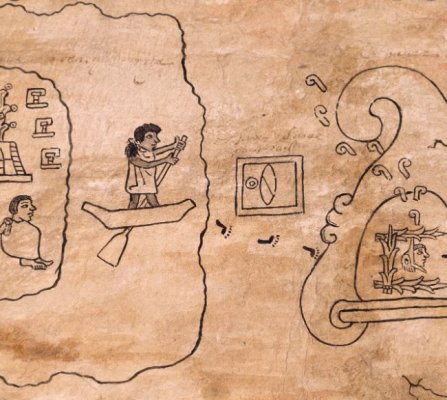Hi Sharon and many thanks for your reply.
I would argue that the report I posted about the Azorean cart-ruts, which closely resemble Neolithic or Bronze Age features on Malta, is far from "tabloid-style stuff".
https://www.researchgate.net/public..._Cart-Ruts_of_Terceira_Island_Azores_Portugal
Other archaeological similarities with Malta, include Azorean hypogea, although these have yet to be fully explored and analysed and I look forward to further news on them.
Of course "a grain of truth is very different from the story being true as told", but that obvious truism should not close people's minds to the exciting possibilities behind that grain of truth.
The Trojan wars were long thought to have been myths - until the burnt, shattered remains of Troy (aka Hisarlik or Wilusa) were found and the embellishments and anachronisms in Homer's account, don't invalidate the hard historical evidence. As a schoolboy, I enjoyed reading the wartime exploits of Sven Hassell. Full of dramatic exaggerations and heroic hyperbole - but based on real events and locations.
According to Wikipedia, Plato gave the dimensions of Atlantis as "three thousand stadia [about 555 km; 345 mi] by two thousand stadia [about 370 km; 230 mi]." This infers an oblong shape, which is not vastly different to the extent of the main Azores islands today, which stretch for around 370 miles.
If Plato made up the whole shebang, then at least some of his inventions about the geographical location, approximate size and shape, mountainous features and catastrophic (volcanic) destruction, seem to be uncannily accurate.
The Portuguese have documented a great many historical volcanic and seismic events, which have changed the islands' topography. What occurred during Neolithic and the Bronze Age is obviously only speculation, unless solid archaeological and geological evidence is discovered. Some evidence for pre-Portuguese occupation does exist and I would not dismiss the idea that, despite the fictional embellishments, something resembling Plato's Atlantis just might have been exactly where he said it was.


